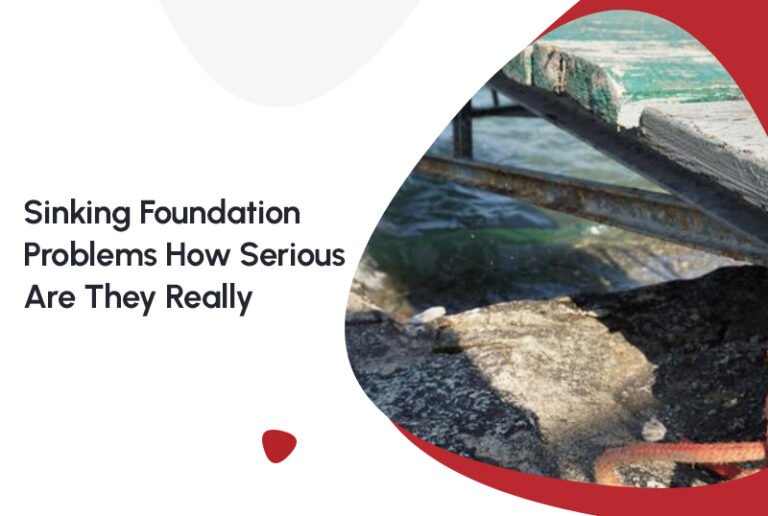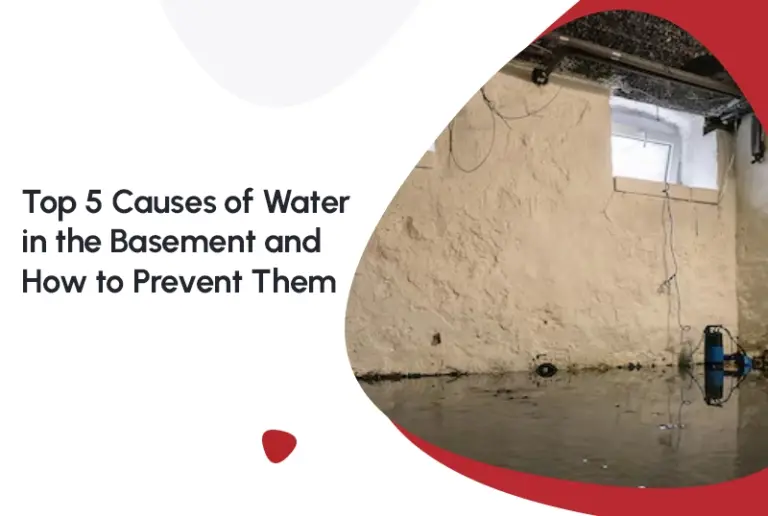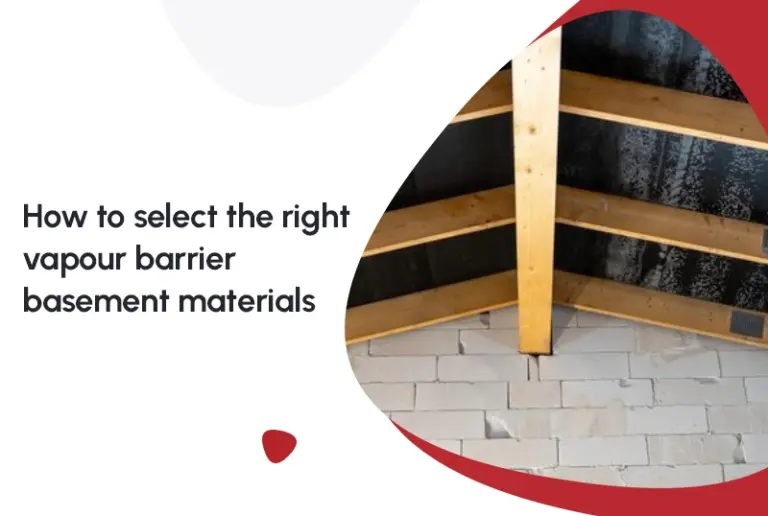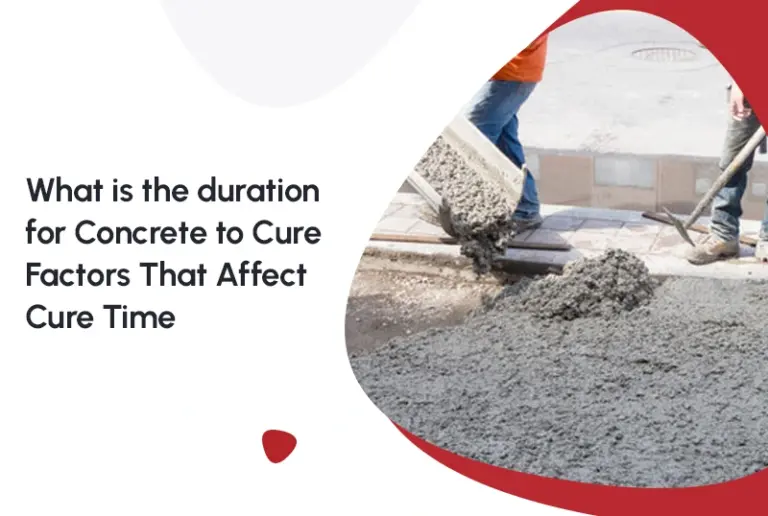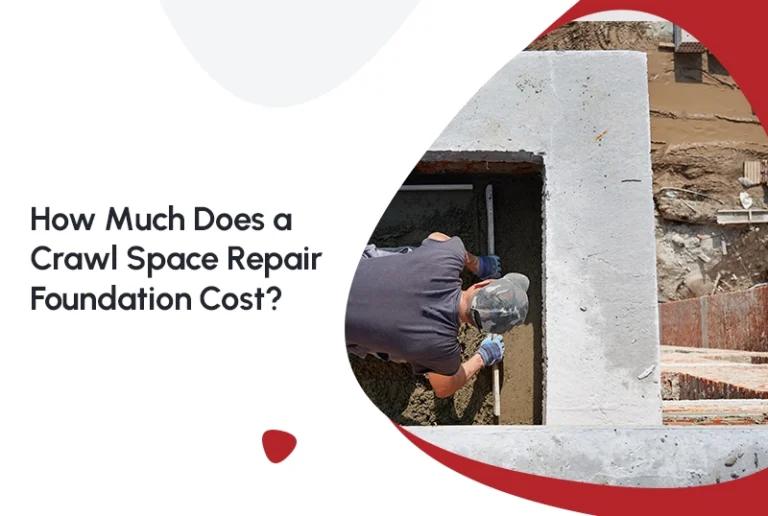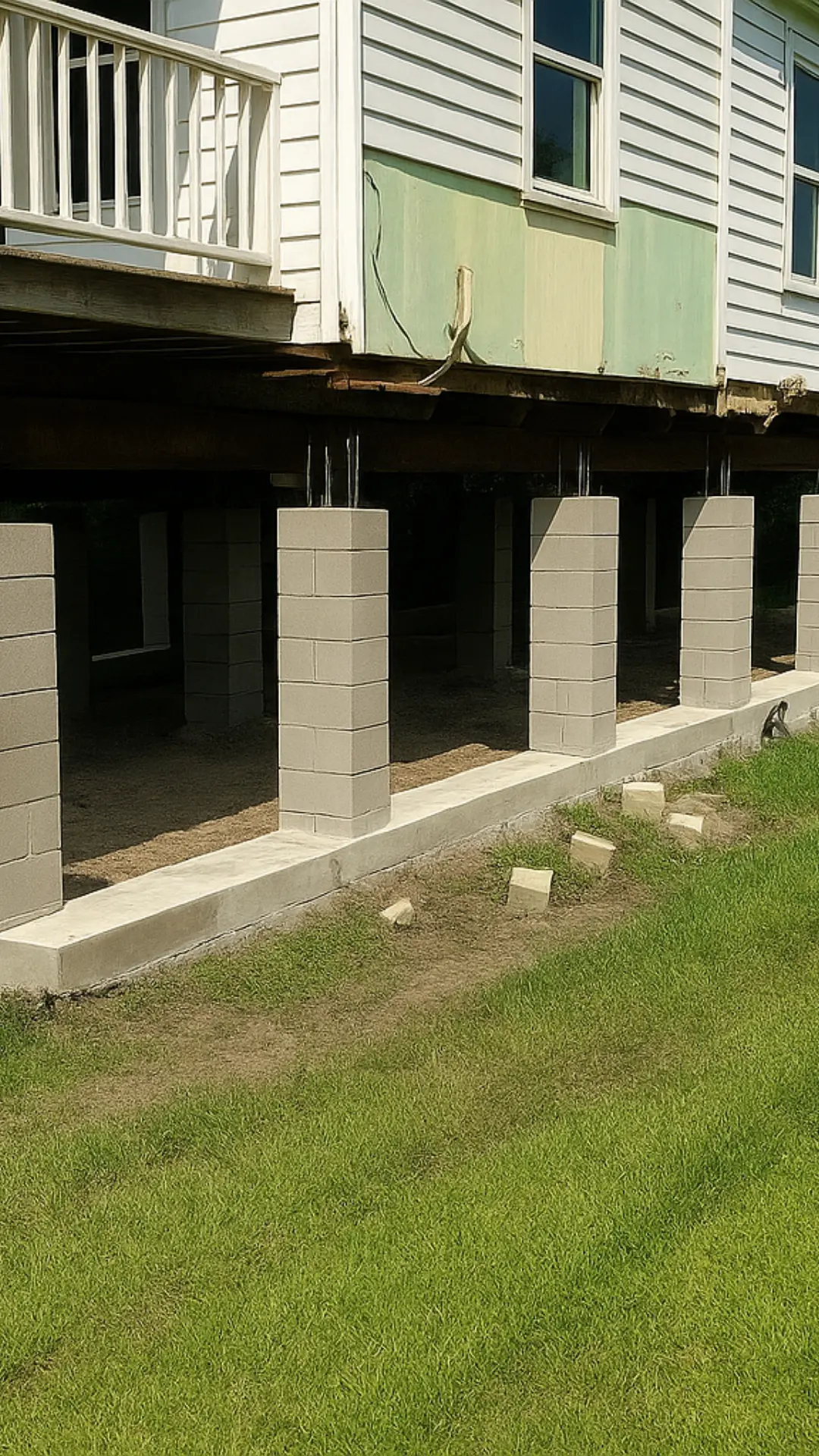When your home shows signs of settling, cracks, or uneven floors, calling a foundation specialist isn’t just an option—it’s a necessity. Your foundation is the backbone of your home’s structural integrity. Ignoring warning signs can lead to costly repairs and compromise your family’s safety.
Whether you’re dealing with shifting soil, moisture issues, or aging construction, an expert can properly assess, diagnose, and resolve foundational problems. In this guide, learn what to look for in a reliable foundation specialist and how to make the right decision for your property.
What Is a Foundation Specialist?
A foundation specialist is a licensed expert trained in inspecting, diagnosing, and repairing residential or commercial foundation issues. Their work ranges from crack repairs and pier installation to complete structural realignments.
Unlike general contractors, foundation specialists possess specific training and equipment to handle soil-related problems and underground shifts that affect your home’s base.
Signs You Need a Foundation Specialist
Some foundation problems are visible early on. Here are common signs that indicate it’s time to bring in a foundation specialist:
- Cracks in interior walls or ceilings
- Gaps around window and door frames
- Uneven or sloping floors
- Doors or windows that stick or won’t close
- Water pooling near the foundation
Early intervention can prevent extensive damage and avoid the need for more invasive procedures like tunneling, which may be necessary for plumbing or deep foundation access.
How to Choose the Right Foundation Specialist
Choosing the right professional can be overwhelming. Here’s a checklist to ensure you hire a reputable foundation specialist:
1. Licensing and Insurance
Verify the specialist is licensed in your state and carries insurance. This protects you from liability during repair work.
2. Experience in Local Soil Conditions
Soil type plays a major role in foundation movement. Ensure the professional understands your region’s geology and how it affects structural stability.
3. Inspection Process
A reliable foundation specialist will offer a free or low-cost initial inspection. Avoid those who push immediate repairs without a thorough evaluation.
4. Repair Solutions and Estimates
Ask for a detailed repair plan and cost estimate. Reputable companies provide transparent pricing without hidden fees.
5. Warranty
Good contractors back their work. A transferable warranty gives added peace of mind, especially if you plan to sell your home.
6. Reviews and Reputation
Online reviews, testimonials, and BBB ratings speak volumes. Look for consistency in customer satisfaction.
Services Offered by a Foundation Specialist
A qualified foundation specialist provides a range of solutions tailored to the issue at hand. These may include:
- Steel or concrete piers
- Helical piles for lighter structures
- Slab stabilization
- Moisture control solutions
- Drainage system installation
In some cases, house leveling becomes essential to realign your home and eliminate floor slope and structural imbalance.
Cost of Hiring a Foundation Specialist
Costs can vary based on the severity of the issue, home size, and repair method used. Minor crack sealing may cost a few hundred dollars, while structural piering or foundation replacement may reach $10,000 or more.
The average cost of hiring a foundation specialist in areas with clay-heavy soil or high rainfall can be slightly higher due to more complex issues.
Questions to Ask Before Hiring
- How long have you been in business?
- Do you offer free inspections?
- What repair methods do you recommend and why?
- Can you provide references from past clients?
- What’s included in the warranty?
Foundation Repair Timeline
Most foundation repairs can be completed within a few days, depending on the extent of the damage and method used. Delays may occur during heavy rain or if foundation repair includes plumbing or utility adjustments.
Communication with your contractor is key—ask for regular updates and clarify project milestones ahead of time.
Why Hiring a Local Foundation Specialist Matters
Local foundation specialists are familiar with regional construction practices and common soil challenges. They can address climate-specific concerns and offer more effective, long-lasting solutions.
Hiring local also ensures faster response time in case of future maintenance or warranty checks.
Conclusion
Choosing a qualified foundation specialist protects your home’s structure, value, and safety. From identifying small cracks to full structural restoration, the right expert ensures the job is done right the first time.
Even if your foundation issues seem minor, don’t delay. Schedule an inspection today. Whether it leads to minor sealing or more involved tunneling, a proactive approach saves money and stress down the road.
Your foundation supports everything else—keep it solid with FNF Foundation.
FAQs (Frequently Asked Questions)
Q1: What qualifications should a foundation specialist have?
They should be licensed, insured, and experienced in local soil and structural issues.
Q2: How often should I have my foundation inspected?
Every 3-5 years or immediately if you notice signs like cracking, sloping floors, or sticking doors.
Q3: Does homeowners insurance cover foundation issues?
Not always. Damage due to natural settling is typically not covered, but damage from accidents or plumbing leaks might be.
Q4: Is house leveling part of foundation repair?
Yes. House leveling is often included when a home has significantly shifted or tilted and is corrected during repair.
Q5: When is tunneling required in foundation work?
Tunneling is needed when foundation repair or plumbing access is required beneath the slab without cutting through interior floors.

